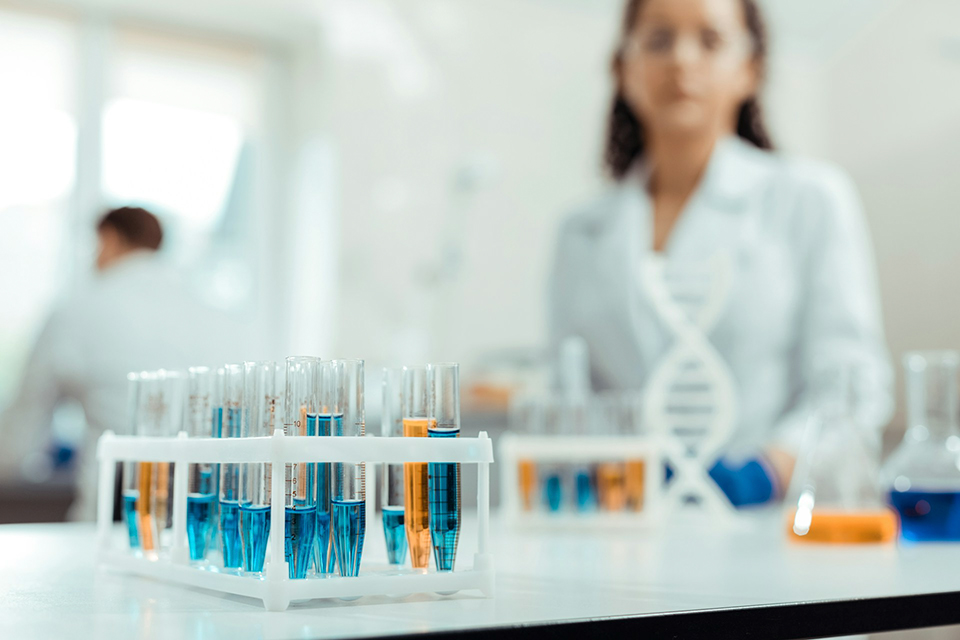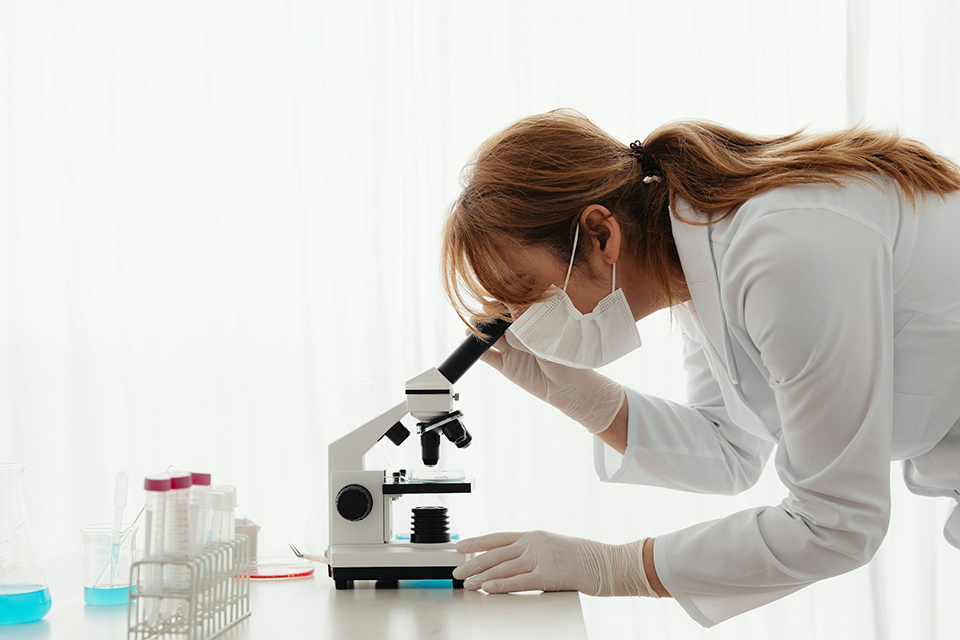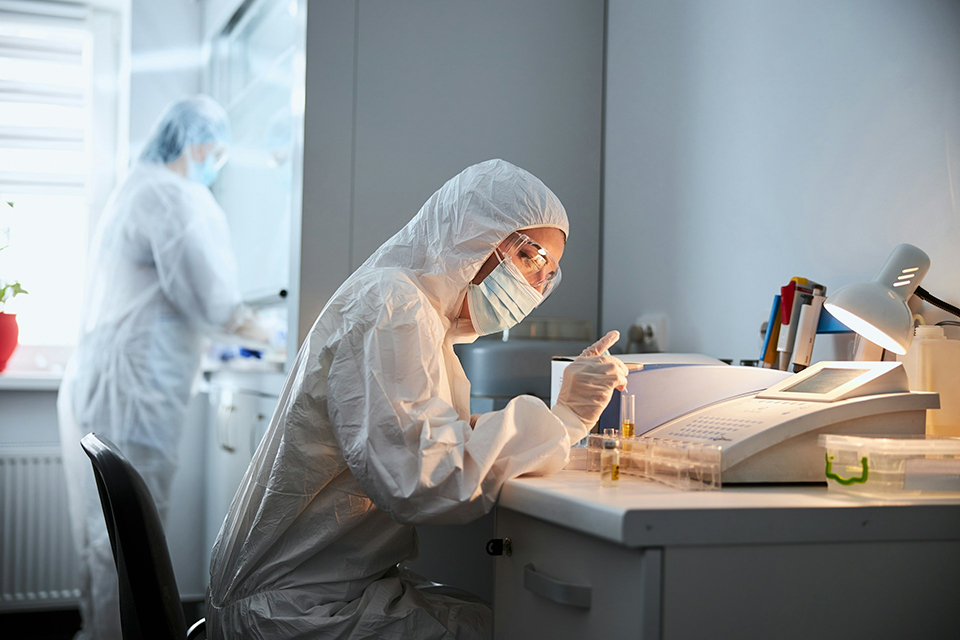What does BPC-157 do?
BPC-157, known as Body Protection Compound-157, is a synthetic peptide that has been researched for its potential regenerative and healing properties. It is derived from a protein found in human gastric juice. Here’s a breakdown of what BPC-157 is believed to do based on preclinical and experimental research:
1. Tissue Repair and Wound Healing
BPC-157 has shown promise in promoting the healing of various tissues, including:
- Muscle: It is thought to accelerate muscle repair after injury.
- Tendons and Ligaments: BPC-157 may improve the healing process for damaged tendons and ligaments, which are notoriously slow to recover.
- Bone: Some studies suggest it may enhance bone healing by improving blood flow and promoting tissue regeneration.
- Skin and Wounds: It has been shown to enhance the healing of skin wounds, burns, and other injuries.
2. Gastrointestinal Protection
BPC-157 is often linked with gut health due to its origin in gastric juice:
- Ulcer Healing: It may help heal ulcers in the stomach and intestines, promoting mucosal integrity.
- IBS (Irritable Bowel Syndrome): Some researchers believe BPC-157 can alleviate symptoms of IBS and other gastrointestinal disorders by reducing inflammation and promoting gut lining repair.
3. Anti-inflammatory Properties of BPC-157
The peptide may help reduce inflammation, which can be beneficial for individuals suffering from chronic inflammatory conditions like arthritis, Crohn’s disease, and other inflammatory-related injuries.
4. Neuroprotection
Preliminary research suggests that BPC-157 could have neuroprotective effects, such as:
- Nerve Repair: It may support nerve tissue regeneration and recovery from injuries, including brain trauma and spinal cord damage.
- Brain Health: There is some evidence that it might aid in protecting neurons and cognitive function under stress or injury conditions.
5. Blood Vessel Growth (Angiogenesis)
BPC-157 has been shown to encourage the formation of new blood vessels (angiogenesis), which is essential for healing and tissue regeneration. This effect could enhance recovery after injury by improving blood flow to damaged areas.
6. Cardiovascular Health
Some studies suggest that BPC-157 may protect the cardiovascular system by:
- Reducing Damage from Heart Attacks: It could potentially limit tissue damage following a heart attack.
- Regulating Blood Pressure: It may have an impact on stabilizing blood pressure, especially during periods of stress or injury.
7. Joint Protection and Healing in BPC-157
BPC-157 may help reduce joint pain and inflammation while promoting the recovery of joint tissues. This makes it an interesting potential therapeutic option for those with arthritis or joint injuries.
8. Reducing Drug-Induced Damage
Research indicates that BPC-157 can help protect organs and tissues from damage caused by certain toxic drugs (e.g., NSAIDs), potentially safeguarding the liver, kidneys, and gastrointestinal tract from injury.
Important Note on Research
Most of the effects mentioned are based on animal studies and preclinical research. While these findings are promising, more human clinical trials are needed to confirm the efficacy and safety of BPC-157 for therapeutic use.
The information provided in this article is for research purposes only and is not intended to serve as health advice. The content is not a substitute for professional medical consultation, diagnosis, or treatment. Always seek the guidance of a qualified healthcare provider with any questions you may have regarding a medical condition or before making any decisions related to your health. Never disregard professional medical advice or delay seeking it because of something you have read in this article.


